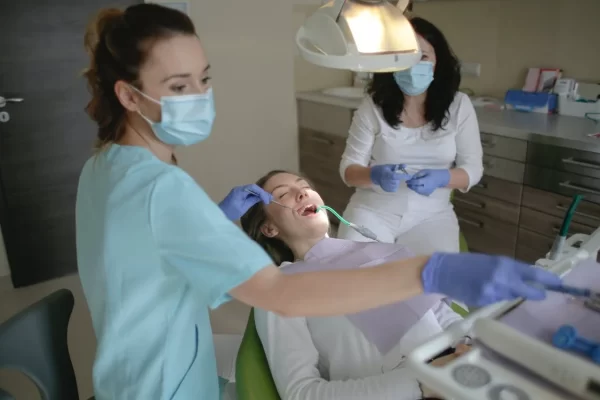With the explosion of the wellness industry, there has been a renewed interest in positivity and its Physiological Health Benefits on the human body. Researchers have been finding supported evidence on the health benefits of optimism and positivity.
First, positive thinkers generally cope better with stressful situations, which in turns combats the harmful effects of stress. The negative aspects of stress are diminished quicker and people with positive attitudes in turn lead healthier lives. People often disregard recurrent headaches/migraines, disrupted sleep, or regular fatigue as normal to everyday life. However, all these negative issues can be related directly back to increased stress levels. Rather than negatively dwelling on situations or life changes such as losing a job, losing a loved one, or a chronic illness, optimists generally focus on what they can do to change the situation rather than assume the situation is out of their control or blame it on themselves.
When it comes to something like a chronic illness or losing someone, it seems like there’s not much a person can do, but taking control of your life in small meaningful ways produces a larger positive effect. The key to taking care of stress is to believe you can change the situation or at the very least, aspects of that situation.There have been numerous studies focused on explanatory style, or the way in which a person explains bad events occurring around them.
In one study by Harvard, performed over the duration of 35 years, social scientists conducted open-ended surveys from 99 of their 1944-1945 graduating classmen. The study tracked the graduates all the way until age 60 and found that those who answered the surveys in a pessimistic way faced poorer health later in life. Pessimism in early adulthood was directly connected as a risk factor for increased health problems in middle to late adulthood. Pessimism can be connected back to stress since those without a positive outlook generally have a harder time dealing with stressful situations. The longer stress is left unchecked, the higher the likelihood of more serious problems. Stress produces the dangerous hormone cortisol and with constant raised levels in the body there is a risk for lower immune function and bone density, high blood pressure, heart disease, obesity, and even diabetes.
Beyond relieving stress, positive thinking can also make an individual more resilient, bothpsychologically and physically. Dr. Charney (Mount Sinai School of Medicine), examinednearly 1000 Vietnam veterans who had been tortured during their time overseas. Among those who did not develop post-traumatic stress disorder or suffer from depression, optimism was at the top of the list of ten things that set them apart from other veterans who had similar experiences, but suffered mentally. Optimism was followed by altruism, sense of humor, and a belief that there wasa meaning to life—all aspects of a mentally positive outlook.
If you don’t mind, I’ll end with an anecdote. In terms of positivity leading to physical resilience, my dad is living proof. When I was little, I was frequently frightened because I saw my father take medicine nearly every day of my childhood. It wasn’t until I was an adult that I found out what exactly he was treating. My father had always suffered from an illness—never fully stoppedby the illness, but always carrying aburden. He contracted Hepatitis C at age 30, a disease doctors at the time said was ultimately incurable.
Fueled by optimism, he put me at ease by telling me how the medicine would someday cure him and sure enough, four decades later, my father is alive, healthy, and hepatitis free. At the time, there was no way he could have known that medical advancements would one day get to a point where Hepatitis would become curable, but he never gave in to feelings of despair or hopelessness. Of course, a lot of people are notlucky enough to be completely cured of illnesses they suffer from,but if anyone asks him how he did it, he always says it was his ability to see himself as being healthy again one day. With so many benefits of staying positive, I’m sure you won’t mind me saying that you should try to look on the bright side.
Doug Cromsten is a freelance writer who frequently collaborates with Senior Planning. Senior Planning is a free resource designed to help seniors and those with disabilities find the care they need.











